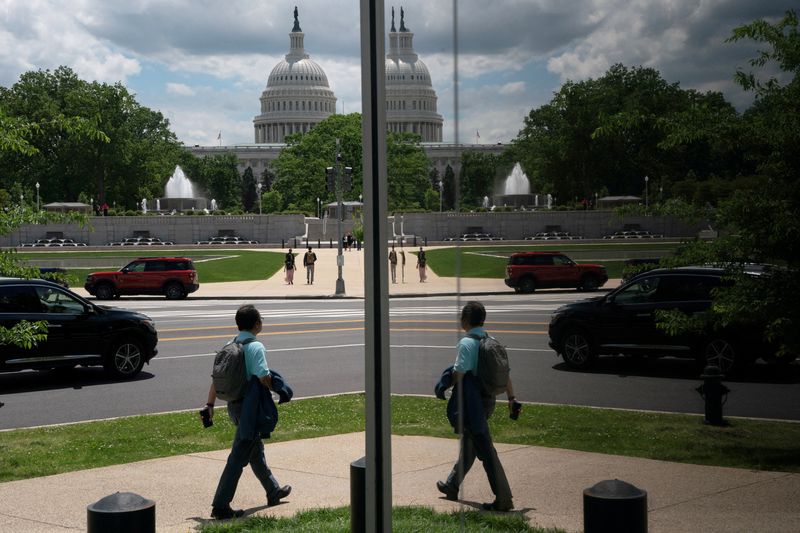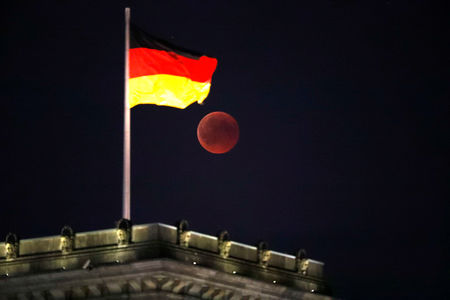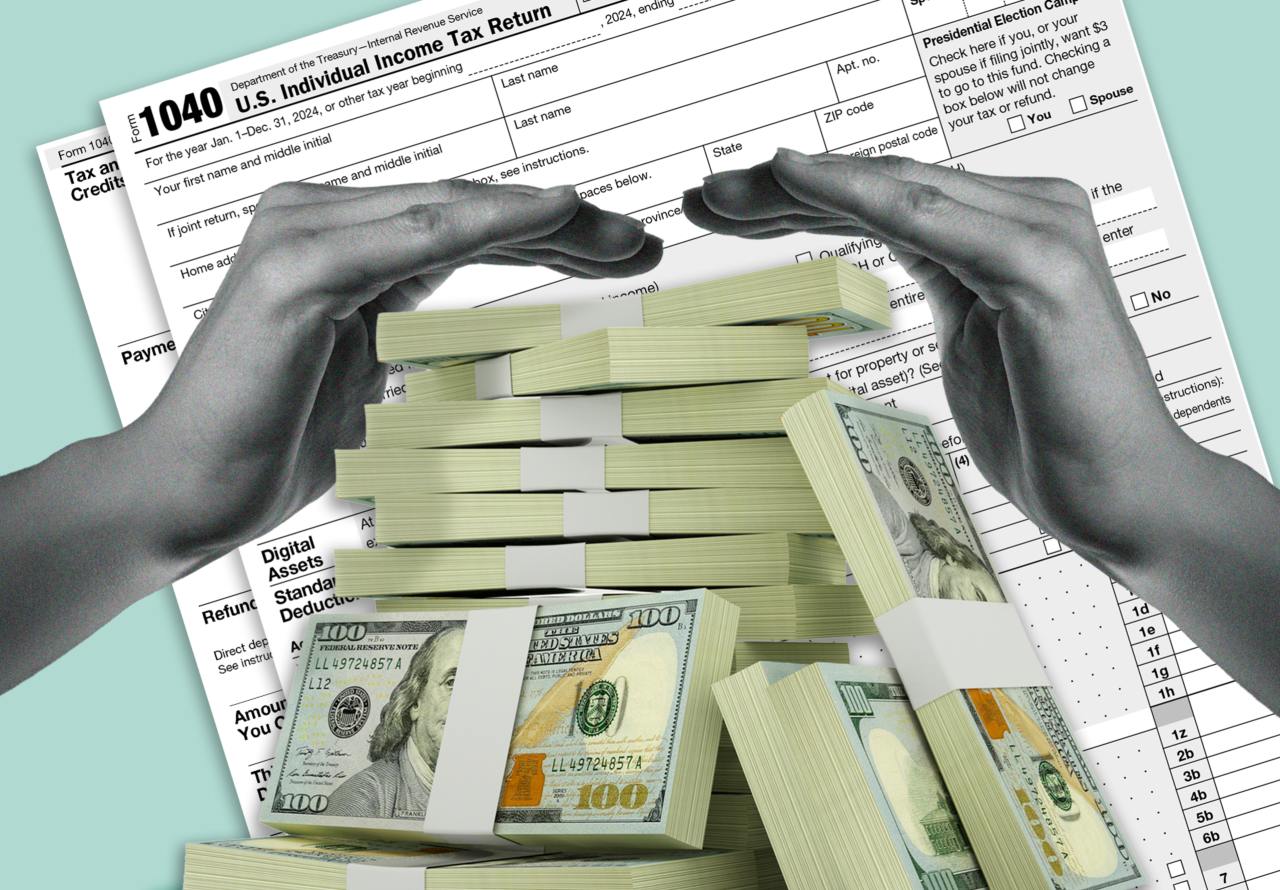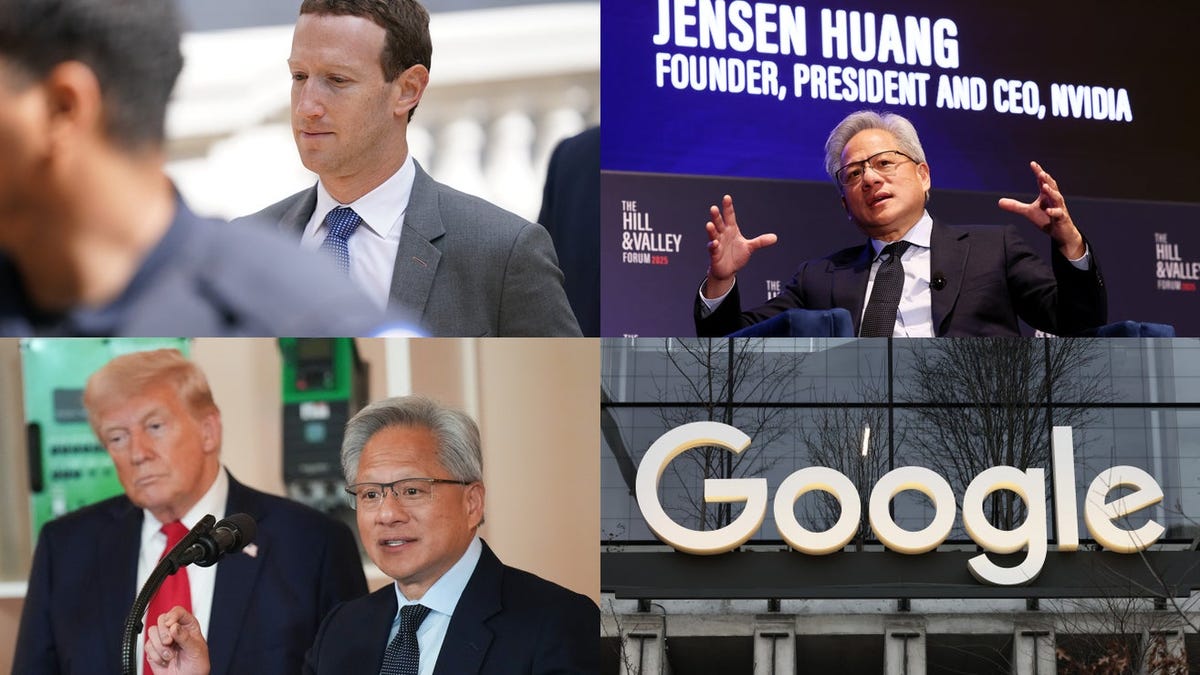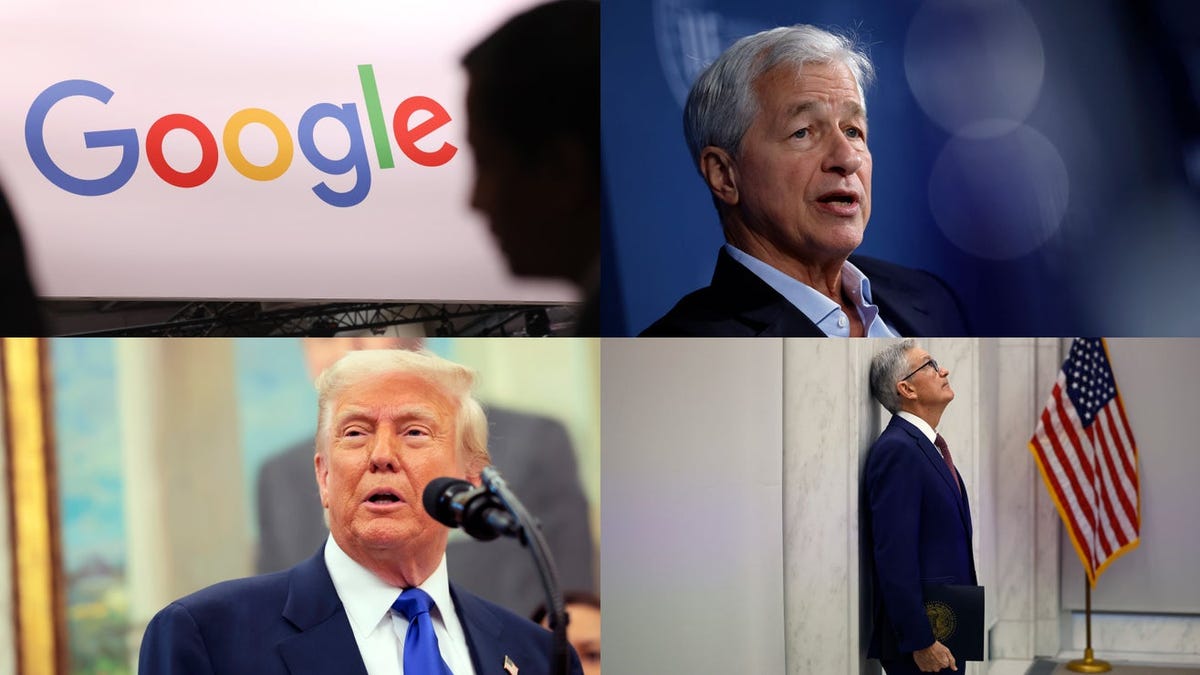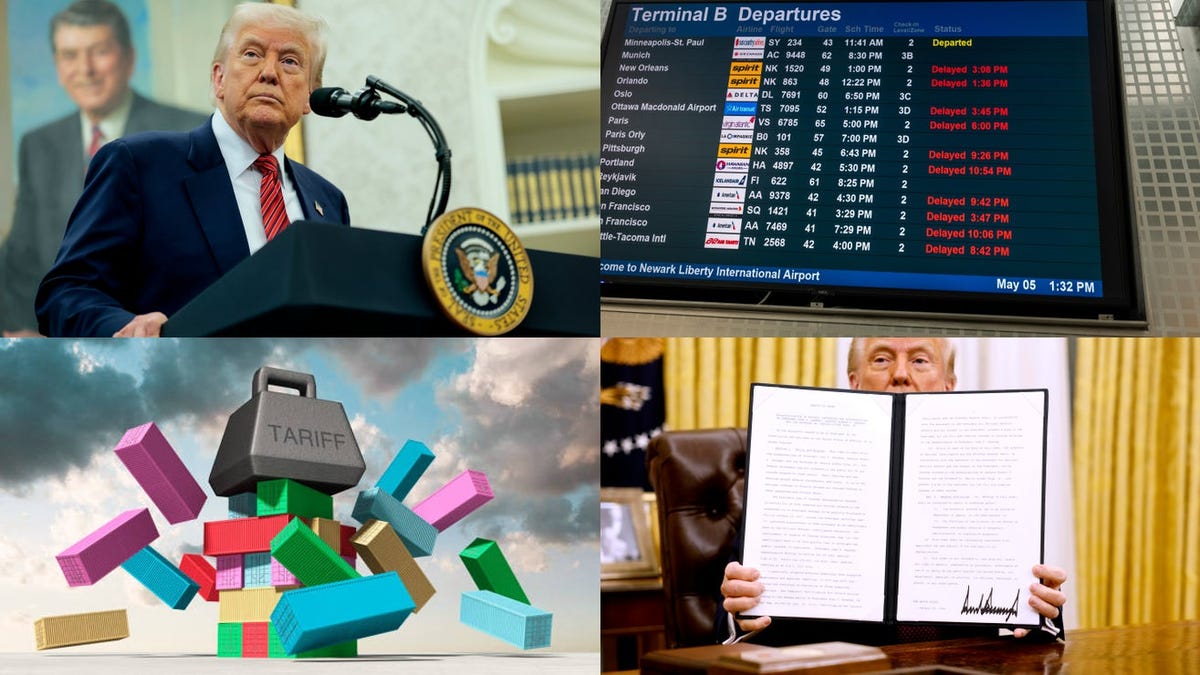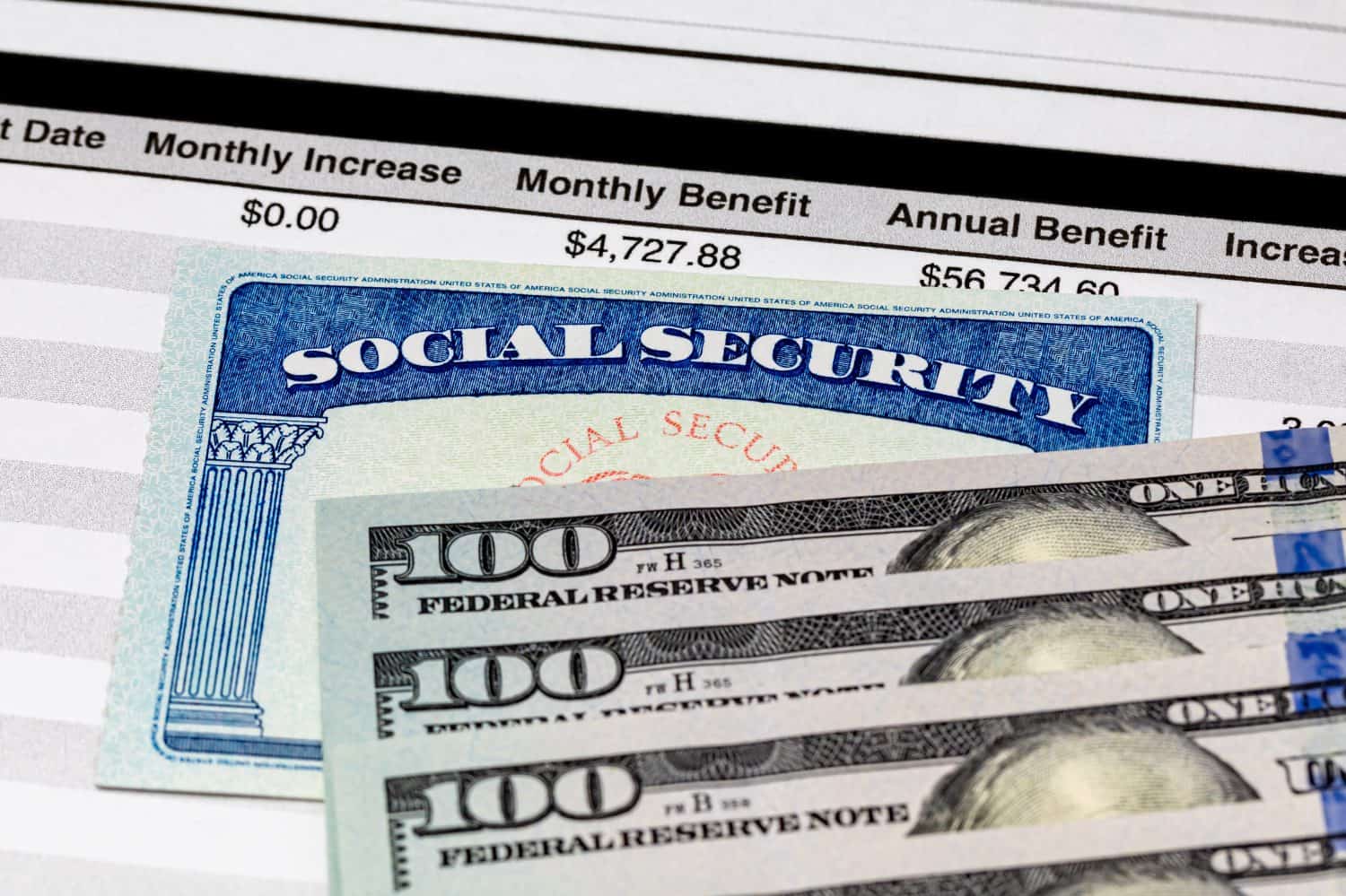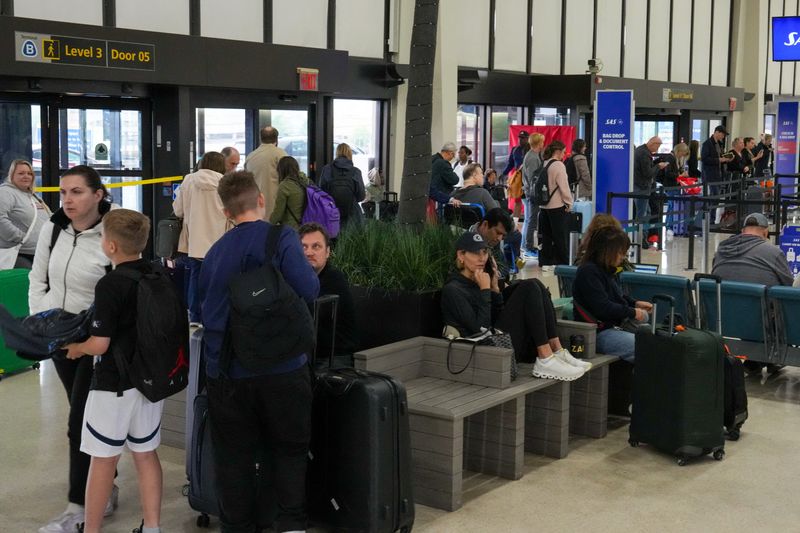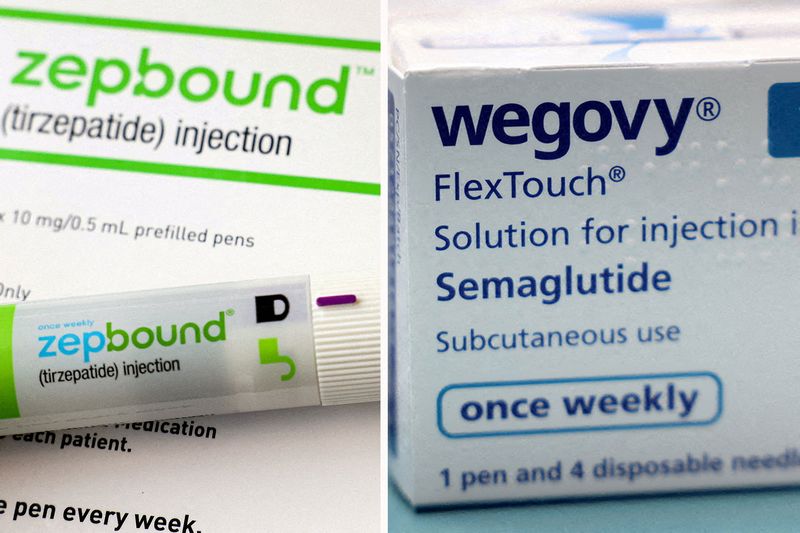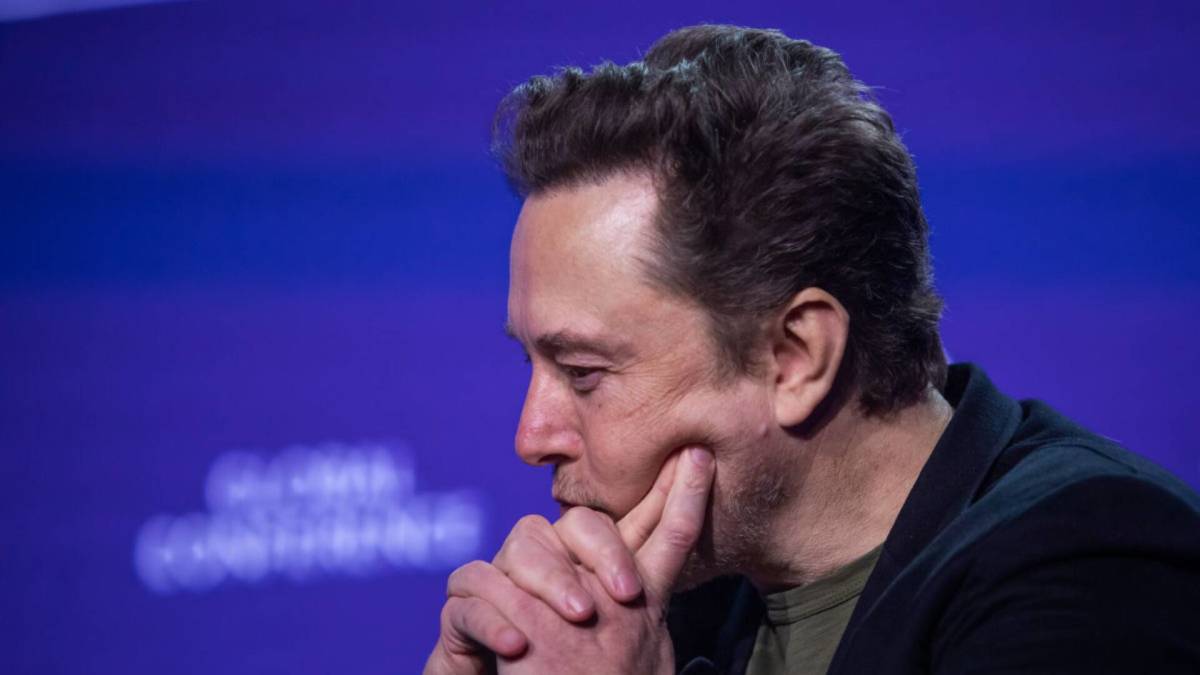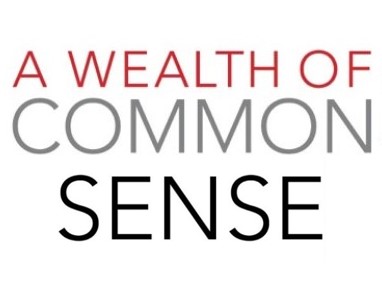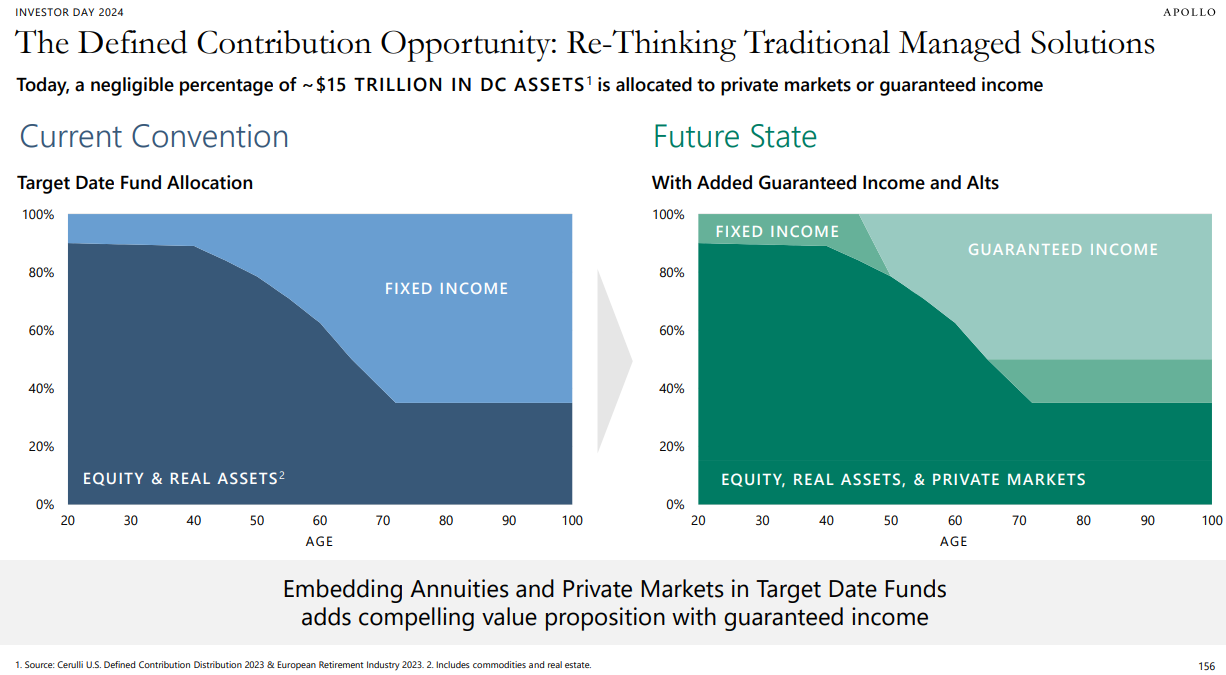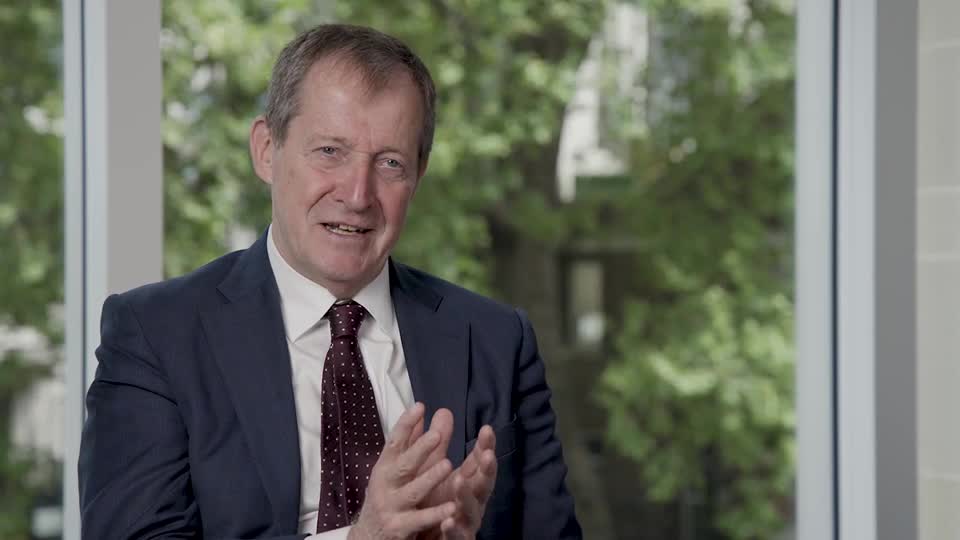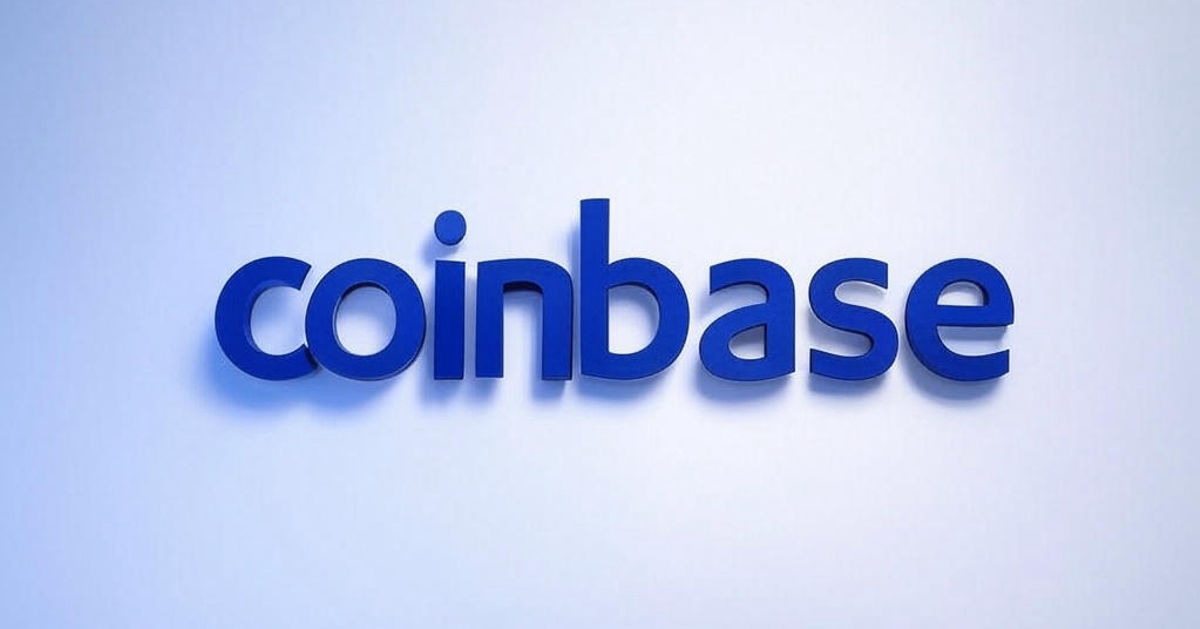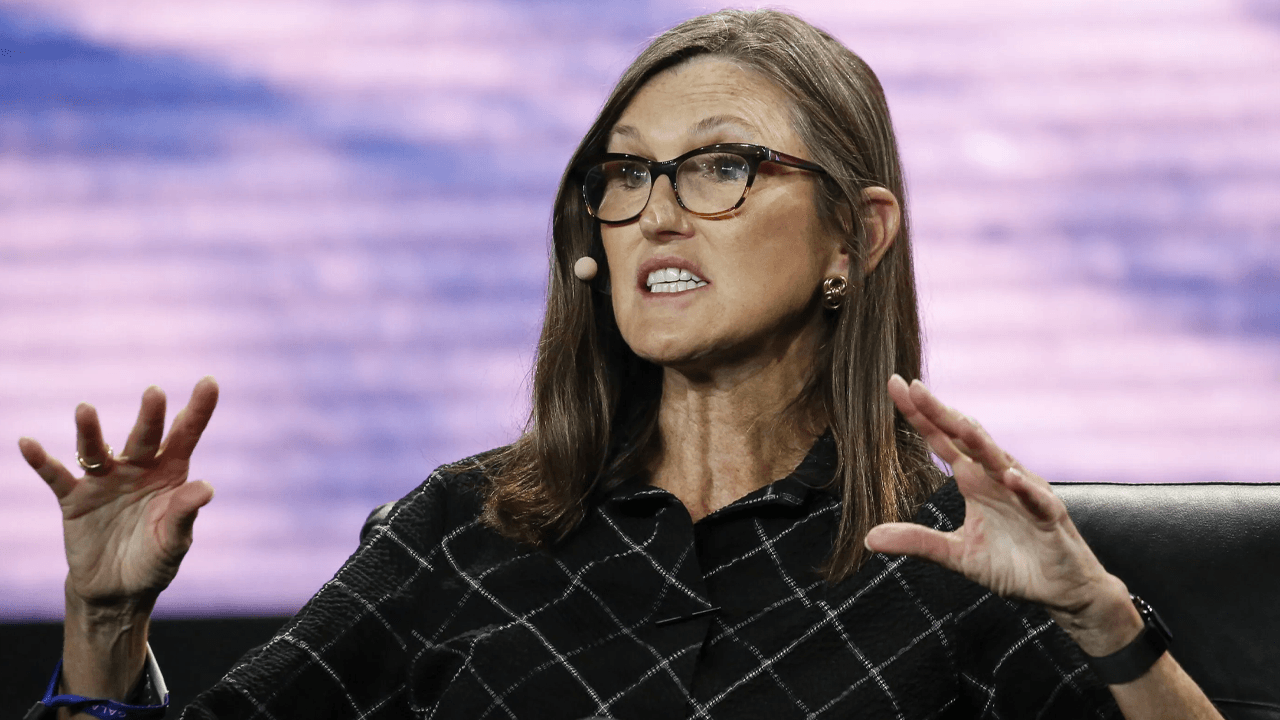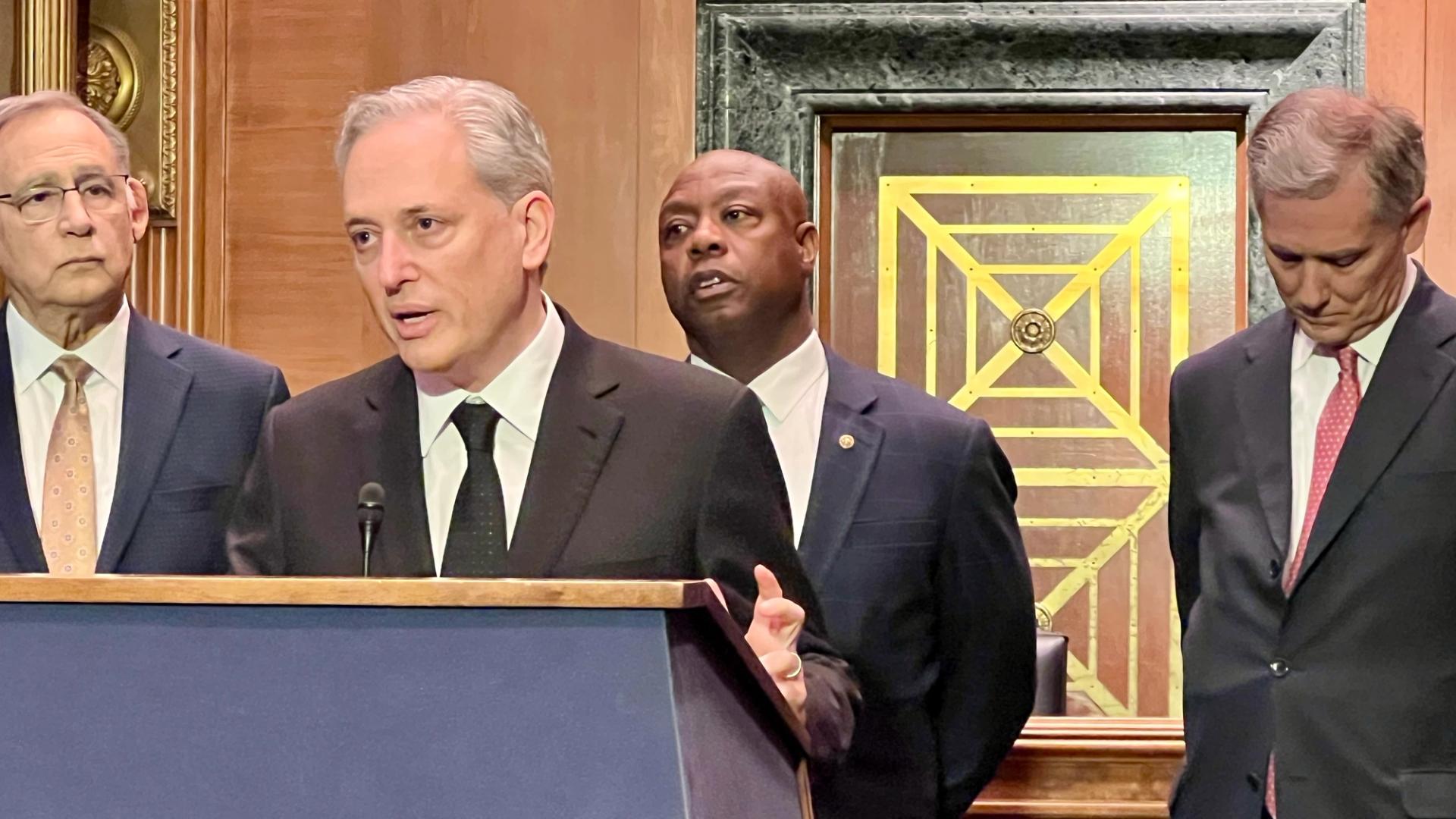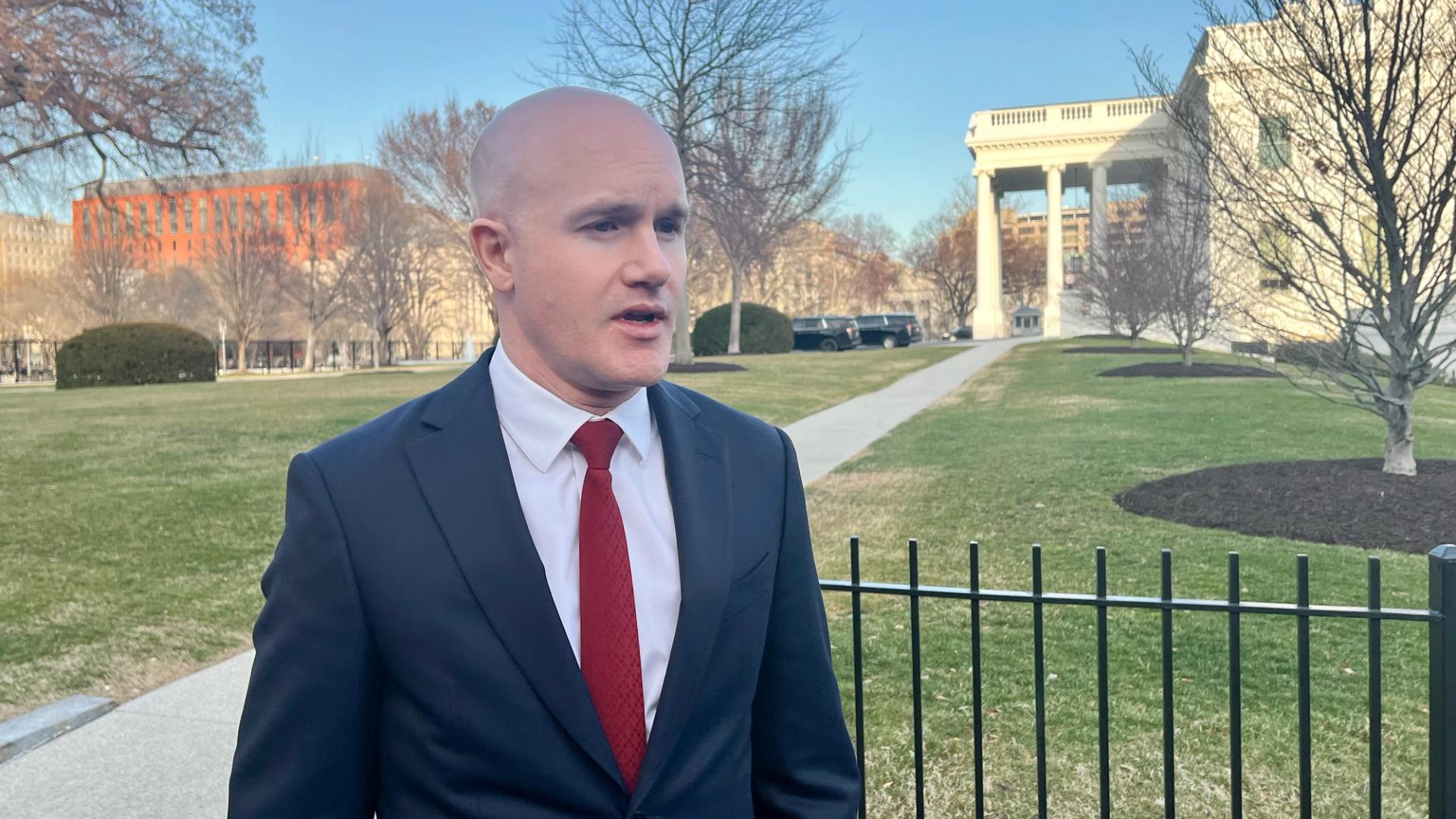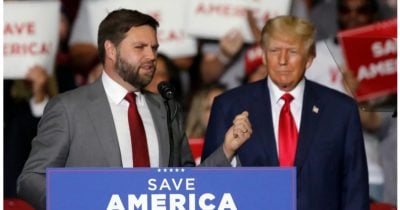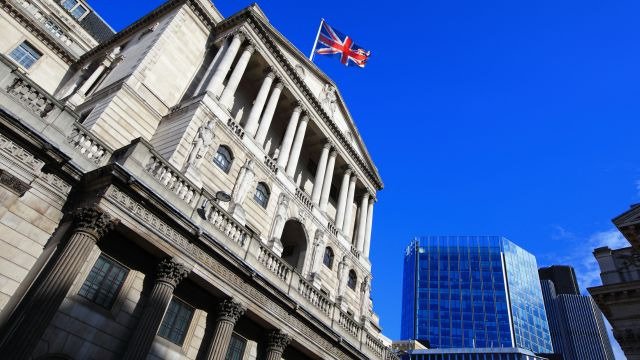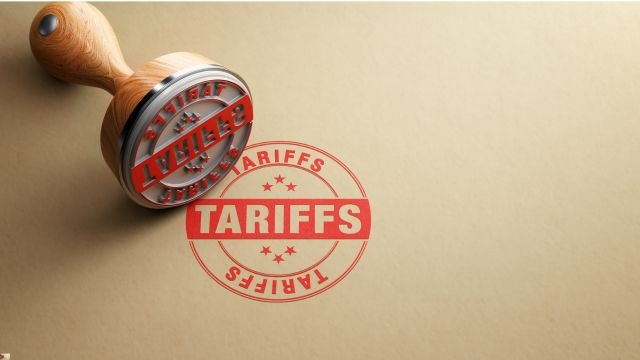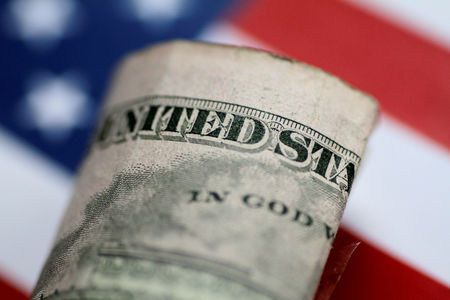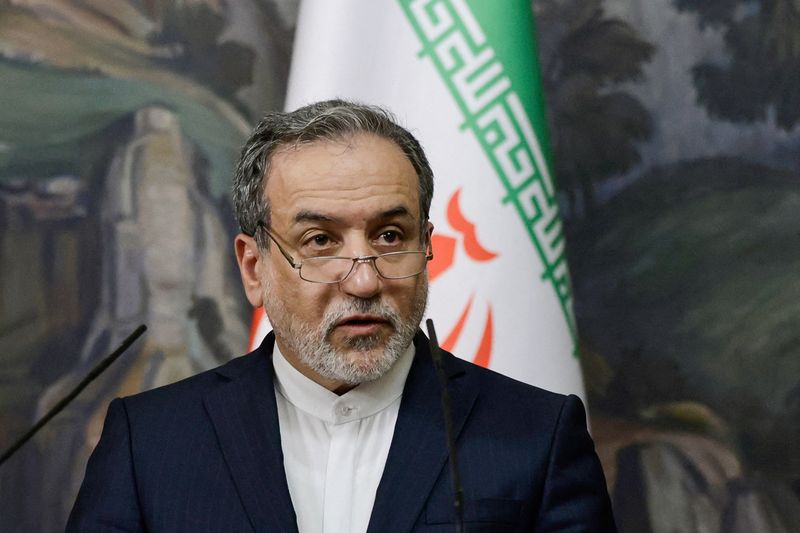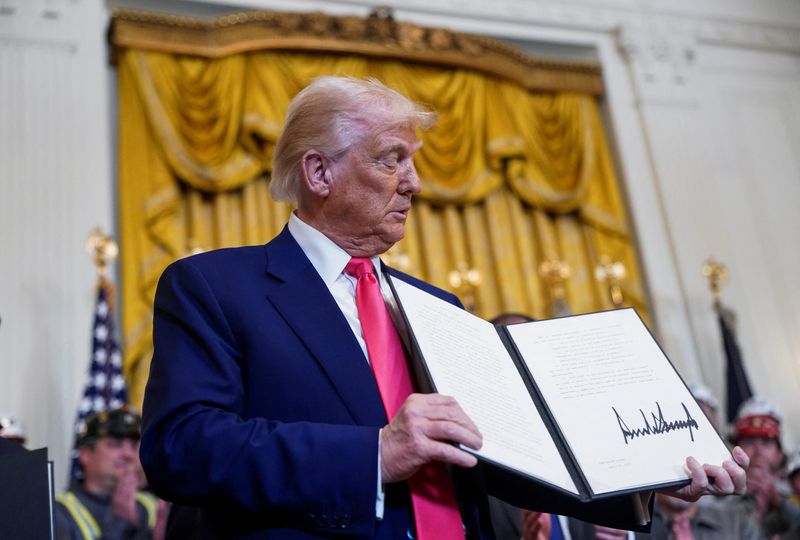Trump’s trip to Saudi Arabia raises the prospect of US nuclear cooperation with the kingdom
This coming week, Republican President Donald Trump will make his first trip to Saudi Arabia of his second term.

Saudi Arabia wants U.S. help developing its own civil nuclear program, and the Trump administration says it is “very excited” at the prospect. U.S.-Saudi cooperation in building reactors for nuclear power plants in the kingdom could shut the Chinese and Russians out of what could be a high-dollar partnership for the American nuclear industry.
Despite that eagerness, there are obstacles, including fears that helping the Saudis fulfill their long-standing desire to enrich their own uranium as part of that partnership would open new rounds of nuclear proliferation and competition. Saudi Arabia's pursuit of a nuclear agreement is likely to play into the ever-evolving bargaining on regional security issues involving the U.S., Iran and Israel.
This coming week, Republican President Donald Trump will make his first trip to Saudi Arabia of his second term. Here’s a look at key issues involved in the Saudi request.
The US is eager to show it’s working toward Saudi Arabia's nuclear ambitions
Energy Secretary Chris Wright, who traveled to Saudi Arabia before Trump's trip, said the world can expect to see “meaningful developments” this year on helping the kingdom build a commercial nuclear power industry. Wright said the U.S. was “very excited” about it.
That does not necessarily mean there will be any big breakthroughs on Trump’s trip, said Jon Alterman, head of the Mideast program at the Center for Strategic and International Studies in Washington. Something smaller that still signals to the Saudis and the Iranians — with whom Trump is pushing for an agreement limiting Tehran's nuclear program — that Washington is interested in cooperating on Saudi efforts could be the U.S. aim for now.
“There would be a lot of ways to show progress toward an agreement on a Saudi nuclear program without fully committing to a partnership on it,” Alterman said.
Solid reasons for a Saudi civilian nuclear power program
Saudi Arabia is a global oil giant, but it is also largely a desert. Running all those air conditioners uses a lot of petroleum that the kingdom would rather be exporting. The Saudis' own oil consumption burns up one-third of what the country produces.
Crown Prince Mohammed bin Salman also is pushing to build up Saudi Arabia's mining and processing of its own minerals. That includes Saudi reserves of uranium, a fuel for nuclear reactors.
For the Trump administration, any deal with Iran that lets Tehran keep its own nuclear program or continue its own enrichment could increase Saudi pressure for the same.
That's even though Saudi Arabia and other Gulf states have toned down their enmity toward Iran in recent years and are supporting the U.S. efforts to limit Iran’s nuclear program peacefully.
For the U.S., any technological help it gives the Saudis as they move toward building nuclear reactors would be a boon for American companies.
Internationally, there is support for U.S. efforts to strike a nuclear deal with Saudi Arabia, given that the Saudis could turn to the Chinese and Russians for help developing a nuclear industry, with fewer safeguards.
The feeling is “if the U.S. doesn’t provide it, then someone else will,” said Hasan Alhasan, a senior fellow in Bahrain for the International Institute for Strategic Studies.
Possibility that nuclear weapons are a Saudi goal
“Without a doubt, if Iran developed a nuclear bomb, we would follow suit as soon as possible,” Prince Mohammed said in 2018, at a time of higher tension between Arab states and Iran.
Saudi Arabia and other Gulf states stress better relations and diplomacy with Iran now. But Prince Mohammed's comments — and other Saudi officials said similar — have left open the possibility that nuclear weapons are a strategic goal of the Saudis.
Saudi Arabia's desire to enrich its own uranium
The Saudis long have pushed for the U.S. to build a uranium enrichment facility in the kingdom as part of any nuclear cooperation between the two countries. That facility could produce low-enriched uranium for civilian nuclear reactors. But without enough controls, it could also churn out highly enriched uranium for nuclear bombs.
Trump administration officials cite the Saudis' desire to make use of their country’s uranium deposits. The kingdom has spent tens of millions of dollars, with Chinese assistance, to find and develop those deposits. But the uranium ore that it has identified so far would be “severely uneconomic” to develop, the intergovernmental Nuclear Energy Agency says.
It has been decades since there has been any state-sanctioned transfer of that kind of technology to a nonnuclear-weapon state, although a Pakistani-based black-market network provided enrichment technology to Iran, North Korea, Libya and possibly others about 20 years ago, Robert Einhorn noted for the Brookings Institute last year.
Allowing Saudi Arabia — or any other additional country — to host an enrichment facility would reverse long-standing U.S. policy. It could spur more nuclear proliferation among U.S. allies and rivals, Einhorn wrote.
The effect on regional security
Under Democratic President Joe Biden, the U.S. and Saudi Arabia had looked at nuclear cooperation as just one part of broader negotiations that also involved Saudi desires for U.S. arms and security guarantees and for a satisfactory long-term deal on behalf of Palestinians. The U.S., meanwhile, had tied the cooperation to Saudi Arabia agreeing to normalize relations with Israel.
The Trump administration seems to have unpacked some of that big bundle.
But the administration may still see holding off on any major civil nuclear agreement as leverage in brokering what would be historic diplomatic relations between the kingdom and Israel, Alterman noted. Getting to that agreement, part of what’s known as the Abraham Accords between Arab states and Israel, has been a chief goal for Trump.
After Wright's trip, some Israelis expressed their opposition to allowing Saudi Arabia to enrich uranium, and Iran and Saudi Arabia are both carefully watching the other's talks with the U.S. on their nuclear issues.
This story was originally featured on Fortune.com




